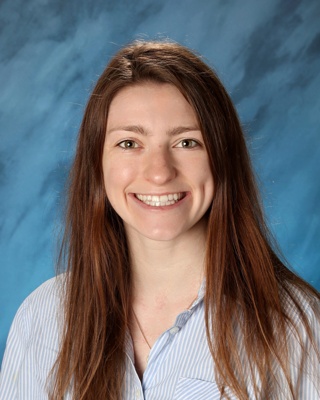Religion
Academics
Religion
The Religion Department forms students to live out Gospel values as it supports parents as the primary religious educators. The Religion Department leads and challenges students in faith-formation through the faculties of both faith and reason. Academic rigor and faith reflection are pursued in order to build an informed Eucharistic community. With a Christocentric approach, the Religion Department fosters academic sophistication, interfaith awareness and respect in accordance with Catholic values and Magisterial teaching. The Religion Department advances our universal call to be pastoral servant-leaders in accordance with Gospel values. Working in collaboration with the Campus Ministry Department, we guide our students to realize their full human potential.
Theology I
Grade Level: 9 | 1 Credit
Credit Status: Required | Prerequisites:
Theology II
Grade Level: 10 | 1 Credit
Credit Status: Required | Prerequisites: Theology I
Theology III
Grade Level: 11 | 1 Credit
Credit Status: Required | Prerequisites: Theology II
Theology IV A
Grade Level: 12 | 1 Credit
Students will learn about the beliefs and customs of non-Christian religions. The course begins with an inquiry into the concepts of sacred mystery, God, faith and religion. It then analyzes religious traditions beginning with the nature of indigenous religions, Hinduism, Buddhism, Jainism, Judaism, Islam, and Christianity.
Social Justice is designed to raise students’ awareness regarding social issues in our world. After learning the fundamentals of Catholic social teaching, the students will analyze various economic and social injustices based on these principles. Topics include, but are not limited to: discrimination, local and world poverty, hunger and oppression, and life issues. Students will draw upon their service experiences throughout the course.
Dual Credit Option: 4 PCC Credits for World Religions portion
Credit Status: Selective | Prerequisites: Theology III
Theology IV B
Grade Level: 12 | 1 Credit
This course explores the claim that we find God in loving, committed relationships and that we are called to live our lives in loving response to the One Who loved us first. Students reflect on identity, communication, love, sexuality and Christian life commitments, (marriage, holy orders and religious life) in light of Jesus’ example and teaching. Students are challenged to contrast contemporary cultural values with Christian values of honesty, love and commitment. Students are also challenged to recognize their service as one way to respond to God’s love for us.
The second semester is designed to raise students’ awareness regarding social issues in our world. After learning the fundamentals of Catholic Social Teaching, the students will analyze various economic and social injustices based on these principles. Topics include, but are not limited to: discrimination, local and world poverty, hunger and oppression, and life issues. Students will draw upon their service experiences throughout the course.







